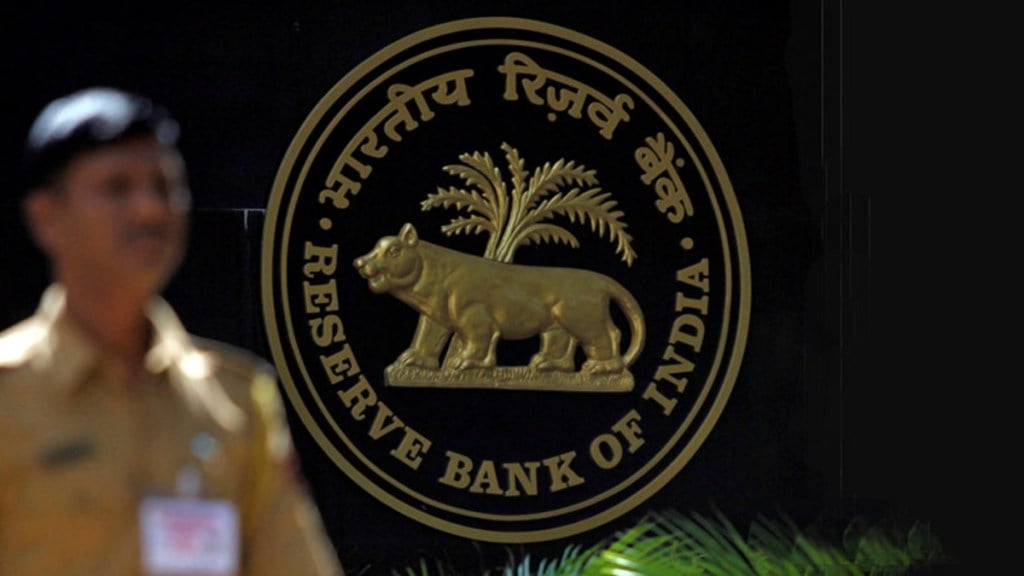The Reserve Bank of India (RBI) is considering reducing the risk weights for auto loans and has initiated an internal study for the same, a senior official close to the matter said. Currently, even though auto loans fall under secured lending, the risk weightage applied for the loans is 100% whereas for a home loan it is between 35% to 50%, depending on the loan-to-value ratio.
Industry Seeks Faster Repo Rate Transmission
In a recent meeting between senior officials of the RBI, including Governor Sanjay Malhotra, and the Federation of Automobile Dealers Association (FADA), the latter has requested the apex bank to conduct a review of the transmission of repo rate cuts in auto loans. “The discussion also involved how to ease things for the auto industry. One of the points that was discussed was higher risk weights for auto loans,” said a senior FADA official.
Senior officials at RBI at a meeting indicated that while some banks have begun aligning with the repo rate cuts—particularly in the auto loan segment—it may take a couple more months for broader transmission to play out. They also said that an internal study is being conducted to see the feasibility of reducing risk weights for auto loans.
According to the latest lending-deposit rates data by RBI, the weighted average lending rate on fresh rupee loans fell 78 basis points between February – when the RBI began slashing repo rates — and June. The lending rates of public sector banks fell by 86 bps while for private sector banks the fall was only 50 bps.
Auto Sector Faces High Inventory Pressure
Last month, FADA had written to the RBI saying that India’s auto retail sector is going through a tough phase. There has been a significant rise in the inventory.
According to data, there was an estimated net addition of 15,000-18,000 units in June to the overall inventory of around 600,000 units. While wholesales (manufacturers to dealers) in June is estimated to have stood around 315,000-318,000, the retail segment (dealers to customers) stood at 297,722 units. This translates into an inventory of around 55 days.
The letter had also requested the central bank to conduct a review of the transmission of the repo rate cut in auto loans and to ensure that private banks comply with the same speed of transmission as a public sector bank.
The automotive dealers’ body had also urged the RBI to issue clear guidelines to all banks to ensure uniform application of MSME lending benefits to eligible auto-retail businesses, alleging that in several instances, banks have not extended preferential interest rates to MSME-registered dealerships, although auto workshops, service centres and smaller dealerships are eligible for MSME registration under the Udyam framework.
The association sought to extend the Credit Guarantee Fund Trust for Micro and Small Enterprises (CGTMSE) to India’s auto-retail channel, saying at present, authorised dealerships and workshops remain outside its ambit.
Currently the private sector banks such as HDFC Bank and ICICI Bank provide auto loans at over 9%, while banks such as Bank of Baroda and Punjab National Bank provide loans in the range of 8%.
